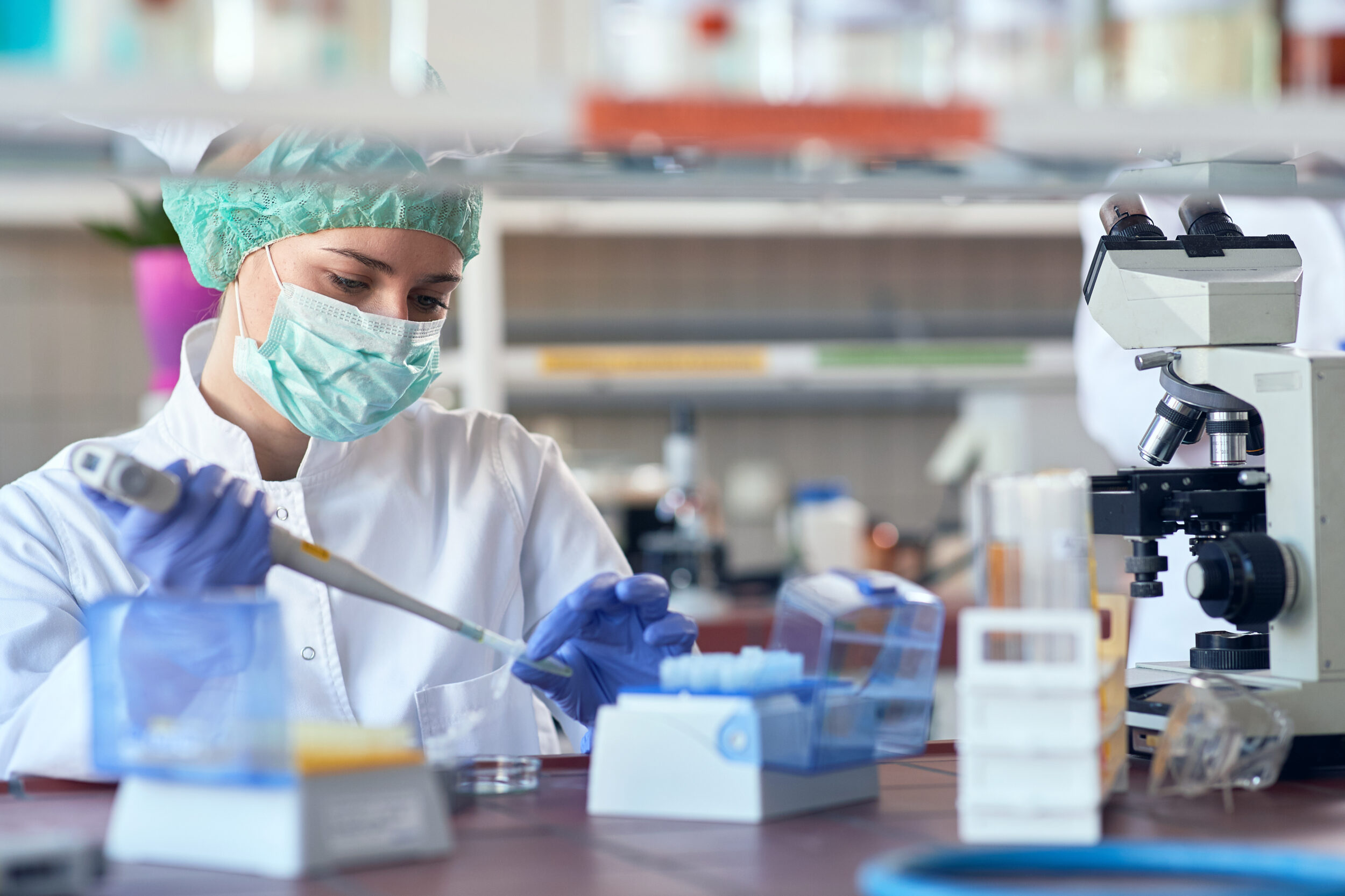In summer 2020, Martin Schmeing, director of the Centre de recherche en biologie structurale (CRBS) at McGill University, and his colleague Don van Meyel, director of the Centre for Translational Biology at the McGill University Health Centre, proved that Québec has all the expertise required to produce its own COVID-19 screening tests. In the CRBS labs, it took them just three months to develop 15 000 kits of the chemical reagents that identify the SRAS-CoV-2 virus.
The efficacy of the ingredients, without which the screening tests would be useless, was validated by experts at the OPTILAB Montréal-CUSM COVID-19 screening centre, who compared them to the alternatives marketed around the world.
The results came in just in time, as the provincial and federal governments were seeking to address the reactant shortage caused by the increasing global demand for COVID-19 RT-PCR-type tests. At the heart of the efforts to combat the pandemic, the tests can detect even the smallest traces of coronavirus in secretion samples collected from patients’ throats and noses. Until then, not a single one had been manufactured in Canada.
To make the country completely self-sufficient, Martin Schmeing and Don van Meyel worked with Luke Masson and his team at the Human Health Therapeutics Research Centre of the National Research Council of Canada on the large-scale manufacturing of the key proteins in the test kits. Together, the researchers then founded Canadienzyme, a biotechnology firm that specializes in the synthesis of the enzymes required to detect SRAS-CoV2.
The McGill researchers are currently collaborating with Canadian manufacturer LaunchWorks CMDO in Anjou to market and distribute Master Mix, Québec’s homemade PCR test, across Canada.




